In Landmarks (2015), British writer Robert Macfarlane’s meditation on place, he named Autumn Richardson, among other writers, as “particularizers … who seek in some way to ‘draw every needle’ … [with] precision of utterance as both a form of lyricism and a species of attention.” Reliquiae, the journal of landscape, nature, and mythology which Richardson co-founded and co-edits with her partner, composer, writer, and artist Richard Skelton, is guided by this ethos and mode of engagement. In its ten years, Reliquiae has published texts from antiquity: Navajo songs; the Song dynasty poet Wáng Ānshí; magical and medicinal incantations from Catawba, Klamath, Chuckchee, and Winnebago peoples; southern African beliefs in naming stars; fragments from the German Renaissance alchemist-theologian Paracelsus; evocations to Yoruba deities; the Náhuatl poet Nezahualcóyotl; Egyptian spells; and hymns of the now-extinct Eoran language in Australia. The journal has also introduced readers to English translations from, among others, the original Algonquian, Binisayâ, Old English, Ancient Greek, Hindu, Old Icelandic, Iglulingmiut, Old Norse, Scottish Gaelic, West Saxon—along with their source texts.
Speaking to the precision and attention that guides her work, Richardson tells academic journal Studies in Travel Writing, “My own writing is more concerned with movement through landscapes … the vertical, going down through the layers botanically, biologically, geologically, etymologically, historically.” In this interview, I asked about the wondrous archive of Reliquiae, and how she explores landscape, ethnology, (vertical) travel, ecology, botany, and occultism in her own art, writings, and translations.
Alton Melvar M Dapanas (AMMD): Personally, I think of Reliquiae—and its disciplinary breadth of landscape, folklore, ecology, esoteric philosophy, animism—as a treasure trove of consequential importance not only to specialists, writers, and translators, but also for a generalist readership. In the submission guidelines, there is emphasis on “beyond plain nature writing.” Can you elaborate on this?
Autumn Richardson (AR): Fundamentally, Reliquiae fills a niche that is shaped by our own unique interests. We couldn’t find a single publication that focused on landscape and the natural world, whilst refracting that focus through the prism of myth, esotericism, magic, occult philosophy, and anthropology. One of the reasons we formed Corbel Stone Press in 2009 was to begin publishing work that connected these disparate but allied disciplines. We began by publishing our own writing, but our goal was always to edit a journal, and 2022 is the tenth anniversary of Reliquiae.
AMMD: Let’s talk about Heart of Winter, your 2016 collection of found-poems assembled from the journals of ethnologist Knud Rasmussen and botanist Dr Thorild Wulff which chronicles the Second Thule Expedition, their 1917 journey through the north-western coastal landscapes of Greenland. When asked about your translation process from the Danish (and Inuit), you responded that, “it was a process of simplifying ever so slightly … [not wanting] to change [Rasmussen’s] words hardly at all … want[ing] to preserve his voice.” As a translator who questions her own discursive presence in the text, does this imply that between the competing ideologies within the translation of myths and folklore, you favour linguistic faithfulness over stylistic realism?
AR: That’s a difficult question to answer. I’m not dogmatic in my choices—it’s more instinctual. I’m acutely attentive to the shape, texture, and colour of each word in both languages when I translate. However, I have noticed that provisional, literal translations are strangely compelling. There’s something about that interstitial state—between one language and another—that is extraordinarily powerful. This can often happen, for example, when the word order of the original is preserved, resulting in an unusual word-grouping in the translation. For me, I find this shadow presence of the original language unspeakably rich and evocative, and I always try to retain something of its colour in my work. My concern is always to mirror, as faithfully as possible, the poet’s choice of words, as well as what I perceive to be the emotions and motivations behind the poem or song itself. For example, within the Inuit songs in Heart of Winter, a primary and repetitive motif is the uncertainty of survival, and the consequent gratitude or joy when a new season is witnessed, when nourishment is attained. It was immensely important to me to try to carry these sentiments forward, because, to my mind, these expressions and emotions were the heart and the purpose of the songs themselves.

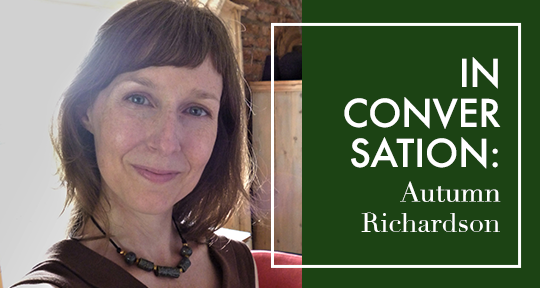
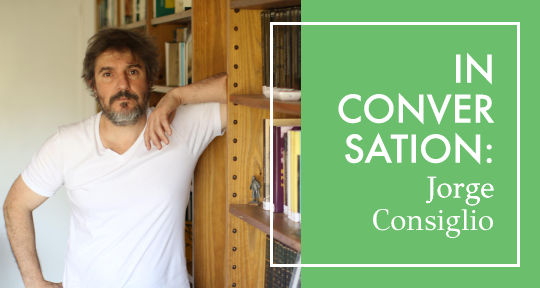




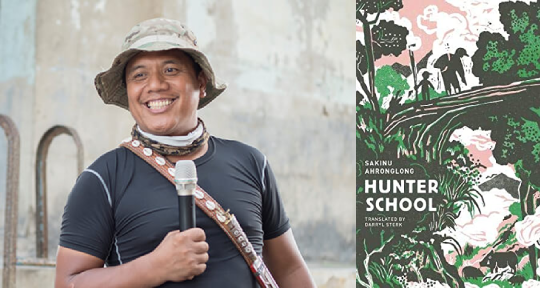
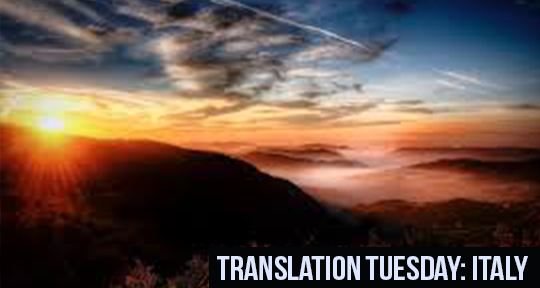
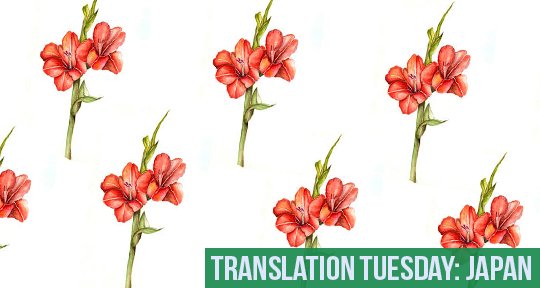


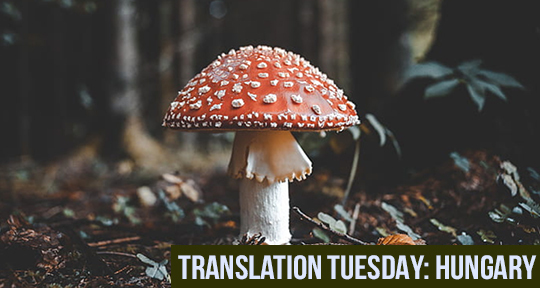
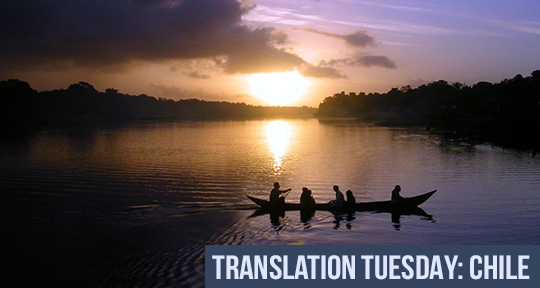
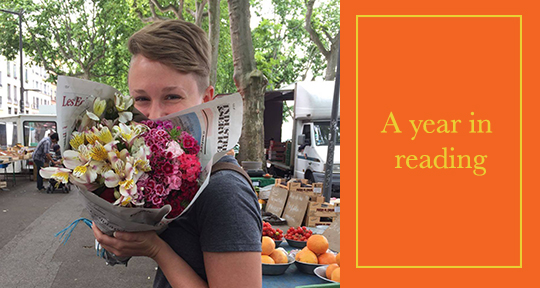
A Pointed Atemporality: Mui Poopoksakul on Translating Saneh Sangsuk’s Venom
He's very aware of the rhythm and musicality of this text . . . he said it should take something like an hour and thirty-seven minutes to read.
In our May Book Club selection, a young boy struggles with a snake in the fictional village of Praeknamdang, in a tense battle between beauty and cruelty. In poetic language that is nostalgic for the world it describes without romanticizing it, Saneh Sangsuk creates a complex and captivating world. In this fable-like story there are no simple morals, in keeping with Sangsuk’s resistance to efforts to depict a sanitized view of Thailand and to the idea that the purpose of literature is to create a path to social change. In this interview with translator Mui Poopoksakul, we discuss the role of nature in the text, translating meticulous prose, and the politics of literary criticism.
The Asymptote Book Club aspires to bring the best in translated fiction every month to readers around the world. You can sign up to receive next month’s selection on our website for as little as USD20 per book; once you’re a member, join our Facebook group for exclusive book club discussions and receive invitations to our members-only Zoom interviews with the author or the translator of each title.
Barbara Halla (BH): How did you get into translation, especially given your law background?
Mui Poopoksakul (MP): I actually studied comparative literature as an undergrad, and then in my early twenties, like a lot of people who study the humanities, I felt a little bit like, “Oh, I need to get a ‘real job.’” I went to law school, and I worked at a law firm for about five years, and I liked that job just fine, but it just wasn’t what I wanted to do for the rest of my life.
So, I started thinking, What should I be doing? What do I want to do with myself? I had always wanted to do something in the literary field but didn’t quite have the courage, and I realized that not a lot of Thai literature been translated. I thought, If I can just get one book out, that would be really amazing. So, I went back to grad school. I did an MA in Cultural Translation at the American University of Paris, and The Sad Part Was was my thesis from that program. Because I had done it as my thesis, I felt like I was translating it for something. I wasn’t just producing a sample that might go nowhere.
The whole field was all new to me, so I didn’t know how anything worked. I didn’t even know how many pages a translation sample should be. But then I ended up not having to worry about that because I did the book as my thesis.
BH: You mentioned even just one book, but did you have any authors in mind? Was Saneh Sangsuk one of those authors in your ideal roster?
MP: I wouldn’t say I had a roster, but I did have one author in mind and that was Prabda Yoon, and that really helped me get started, because I wasn’t getting into the field thinking, “I want to translate.” My thought was, “I want to translate this book.” I think that helped me a lot, having a more concrete goal.
READ MORE…
Contributor:- Barbara Halla
; Languages: - English
, - Thai
; Place: - Thailand
; Writers: - Mui Poopoksakul
, - Prabda Yoon
, - Saneh Sangsuk
; Tags: - Deep Vellum
, - environmentalism
, - literary criticism
, - nature
, - nature in storytelling
, - pacing
, - pacing in translation
, - Peirene
, - respect for nature
, - rhythm
, - rhythm in translation
, - social commentary
, - storytelling
, - Thai literature